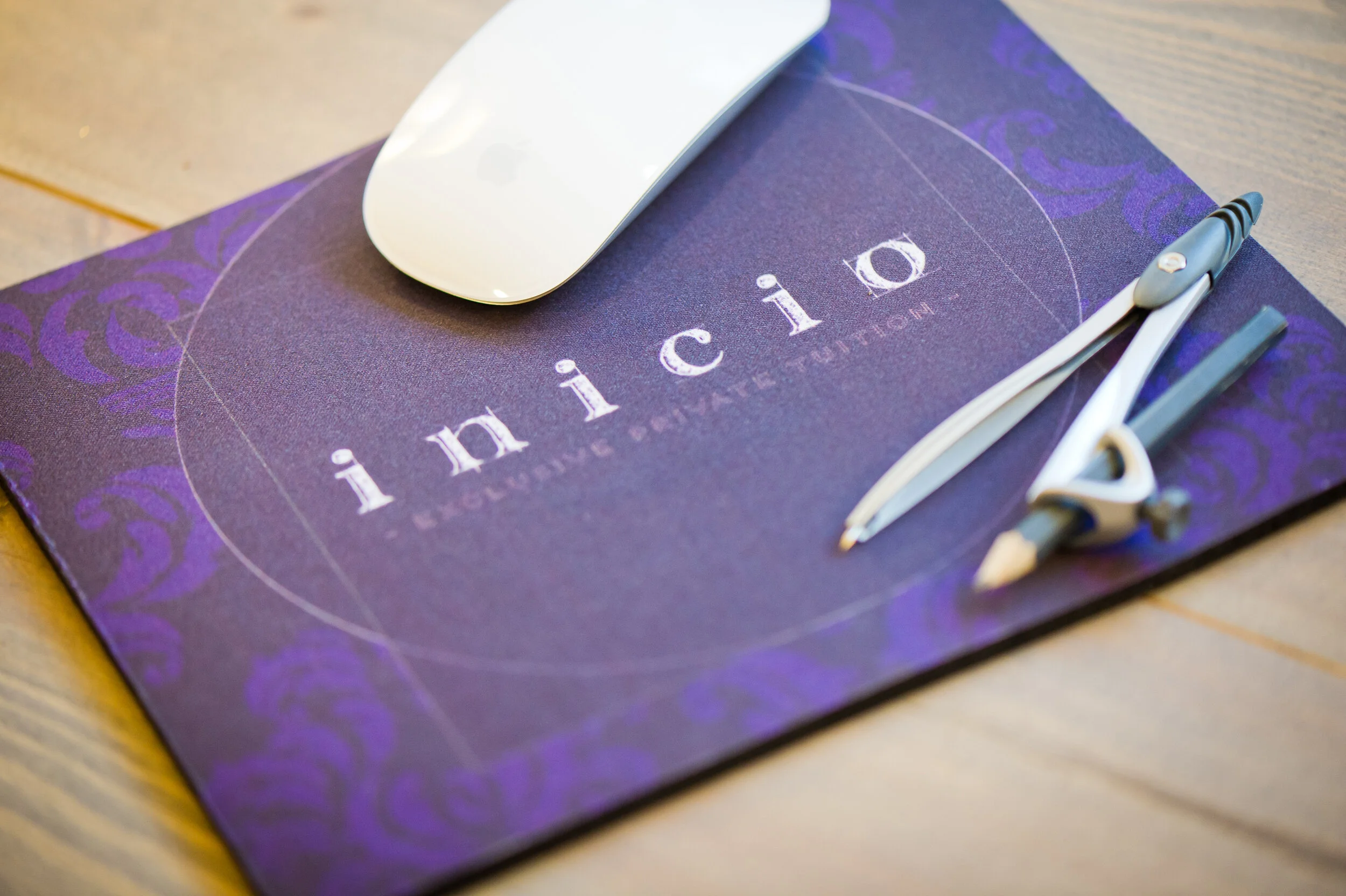With GCSEs and A Levels already well underway, is it too late to think about good exam technique? What if your kids haven’t done enough revision.
Revision
We say it’s never too late! By now your kids should have an idea from their first exams about whether or not they’ve done enough effective revision and will know whether they need to revise harder or differently for their remaining exams.
Everyone learns in different ways and we would advise young people to stick with what works for them; for some people it’s writing things down and reading them over, others prefer putting all the information into a diagram. And what about speaking and listening? You could record your notes and listen back to them.
We know teenagers well enough to know that they don’t always welcome parents' help, but we also know them well enough to know that they turn to mum and dad when they’re feeling down and vulnerable.
However your kids learn, if they’re feeling at all worried, this is what we would advise:
- It seems obvious, but make time to revise! Draw up a timetable if it helps, and stick to it.
- Don’t get distracted by things like social media when revising - stay focused!
- Reward yourself with regular short breaks - have something to eat or drink, get some fresh air and go for a quick walk. But then get back to it!
- Read over your notes and write out key points.
- Test yourself - or get someone else to do it.
- Highlight key points in your books, but don't forget the context too.
- Switch between subjects regularly - too long on one subject and you'll get bored and lose concentration.
- Last minute cramming is OK, but only combined with hard work beforehand!
- Get a good night's sleep before the exam - you'll never perform at your best if you've been awake all night cramming.
Good luck!
We wish all students (and their parents!) the very best of luck over the next few weeks and really hope that your hard work pays off with the results that you want.
And if it’s not your turn for exams this year, breathe a sigh of relief for now, but think ahead! Whether your child is a high achiever who wants to gain the best possible results, or someone who struggles to keep up, we offer tailored one-to-one tuition in a whole range of subjects. If you want your child to really fulfil their potential, please talk to us about how we can help.












